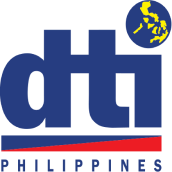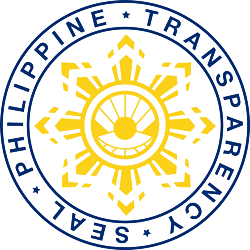Overview of AJCEPA Agenda
AJCEPA, effective since 2008, is a regional economic partnership between Japan and the 10 ASEAN member countries.
It aims to deepen economic integration by reducing trade barriers, promoting investment, and fostering economic cooperation across sectors.
The agreement includes a wide array of provisions covering trade in goods and services, investment, e-commerce, and intellectual property, making it one of the most comprehensive partnerships for ASEAN nations with a major economy.
Key Objectives of AJCEPA
Regular meetings to oversee the implementation of PJEPA, resolve trade-related issues, and propose updates to meet evolving economic conditions.
Facilitating tariff elimination and reduction on goods to enhance trade between Japan and ASEAN members.
Boosting foreign direct investment (FDI) from Japan to ASEAN countries by creating a favorable regulatory and business environment.
Advancing ASEAN regional integration by aligning Japan's economic partnership with ASEAN’s vision for regional growth.
Enhancing cooperation in areas like infrastructure development, technology transfer, and innovation
Integrating provisions for the digital economy and sustainable development to adapt to global economic shifts.
Encouraging policies that promote climate resilience, supply chain efficiency, and inclusivity in economic growth.
Economic Context and Global Trends
ASEAN and Japan are focusing on economic resilience, emphasizing recovery through digital and green initiatives.
Accelerating digital integration in trade, services, and financial sectors is vital to sustaining growth across ASEAN.
Both Japan and ASEAN countries are committed to achieving sustainable growth and reducing environmental impact, aligning AJCEPA with global environmental standards.
The COVID-19 pandemic underscored the need for diversified and robust supply chains to withstand future disruptions.
Strategic Priorities for AJCEPA
Institutional Framework for Implementation
AJCEPA Joint Committee
AJCEPA Joint Committee Regularly reviewing and assessing the implementation of AJCEPA provisions.
Introduction of new working groups for
focused on Digital Economy Green Growth Supply Chain Resilience Human Capital Development


Strategic Implementation Plan (2024-2025)
Implementing digital trade solutions across ASEAN, aiming for full digital transaction capabilities by mid-2024.
Launching a cross-border data privacy framework by late 2024, enhancing trust in digital transactions.
Rolling out green technology investment programs by early 2025, with a focus on sustainable energy, clean transportation, and green infrastructure.
Supporting ASEAN countries with green financing solutions to help achieve their carbon reduction goals.
By mid-2025, ASEAN and Japan will establish a customs interoperability network for improved trade flows.
Encouraging more ASEAN manufacturers to participate in high-value Japanese supply chains, such as electric vehicles and smart appliances.
Launching skills development programs by 2024 in technology, green jobs, and high-demand sectors.
Expanding workforce exchange programs to bolster capacity in healthcare, engineering, and information technology.





